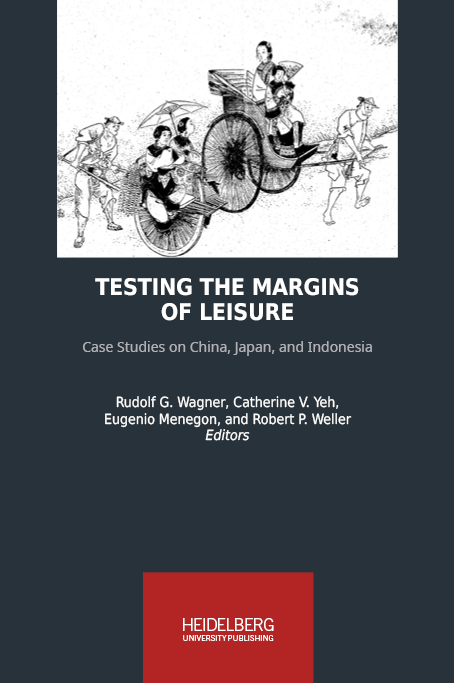Zitationsvorschlag
Lizenz (Kapitel)

Dieses Werk steht unter der Lizenz Creative Commons Namensnennung - Weitergabe unter gleichen Bedingungen 4.0 International.
Identifier (Buch)
Veröffentlicht
The Leisure of Girls and Mothers
Affective Labor, Leisure, and Taste in the Transnational and Transmedia Adaptations of "Stella Dallas"
Abstract Analyzes the cultural capital attached to gendered leisure activity and work in the story Stella Dallas as it moves from novel to film and from the United States to Japan to create its own genre of mother melodrama as A Mother’s Song (Haha no kyoku, 1936). By comparing these texts and their creators, the chapter develops an understanding of the symbolic properties of leisure across cultures in the early twentieth century. It argues that various versions of the story use the category of the girl (shōjo) to explore a potential space of leisure outside the workplace or the heterosexual family unit. Of course, this space was also easily occupied by expectations that the leisure would cultivate the young woman’s taste and domestic skills. Considering a flexible use of the concept of affective labor, the paper looks at the ways these texts used aspirational activities on the edges of “leisure” to negotiate various anxieties surrounding wage and unpaid domestic labor by women in the early twentieth century in relationship to class and sexual identities. A central case is the use of piano playing in the Japanese versions as a multifaceted activity, both work and leisure, that could represent good taste and potential for marriage, while also providing access to professional activity and a way for women to support themselves outside the family structure. In the Japanese case, this allowed them to remain permanently attached to what was seen as girl culture, including aspirations to cross cultural spaces and media, as does the entertaining story Stella Dallas.
Keywords Yoshiya Nobuko, Stella Dallas, women, cinema, adaptation, Japan






